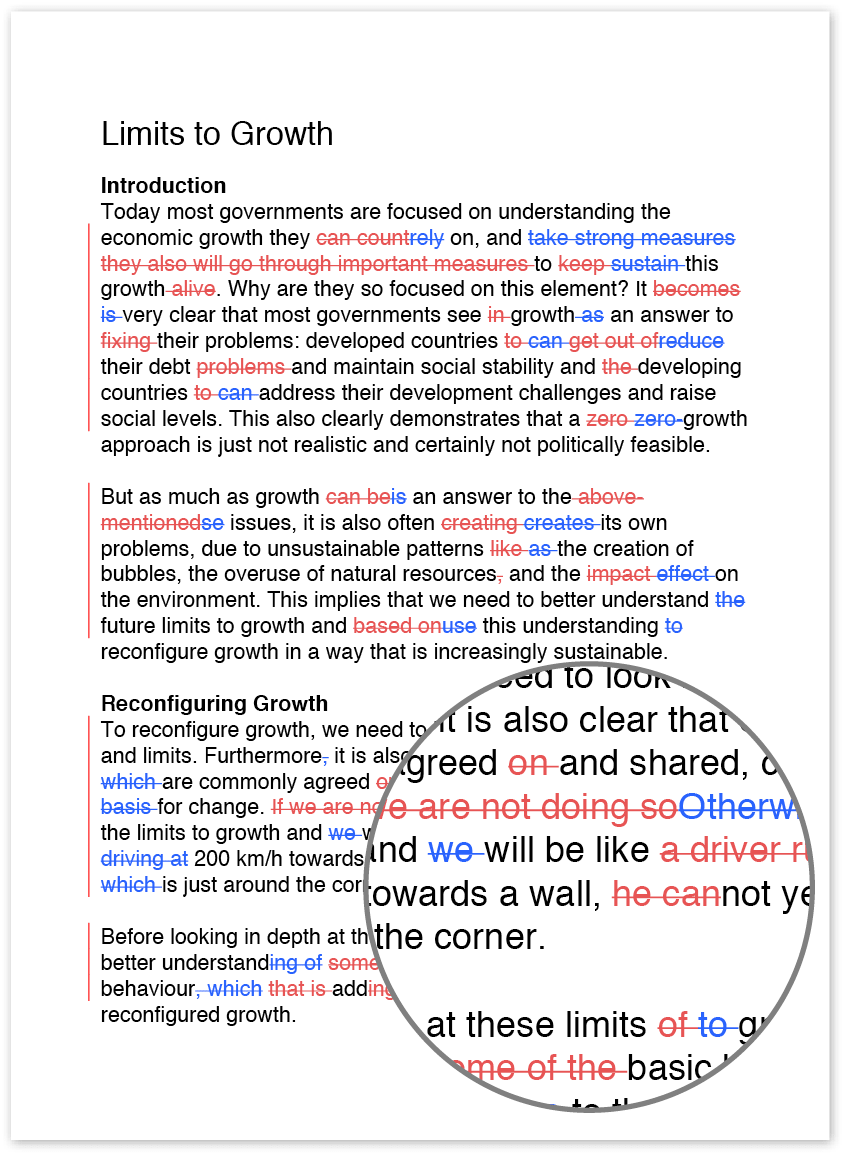Effective government communication
When you’re writing government communication, it’s important to keep some guidelines and tips in mind to ensure that your message is clear. We’ve listed some of these tips below to help you as you begin writing government documents.
Be clear and concise
Before you begin writing, determine what message or information you need to convey. Once you have determined that message, make sure your text presents it clearly and concisely. Remember that your audience may be laypeople or members of the public who might not have an advanced level of understanding regarding your topic, so avoid using any unnecessary jargon or technical terms. In addition, try to write concisely, and don’t include any information that isn’t relevant to your topic.
Keep your text straightforward and try to use plain language (instead of highly formal or technical language) whenever possible.
Make sure your text is accurate and complete
As you write your document, make sure all the information you present is correct, with no inaccuracies, and complete, with no important information left out.
It is important that you do not provide inaccurate information to your readers and that you provide them with all the information they need to understand the document.
Organize your document
Your readers may find it difficult to follow and understand a long document if it is not organized well. Follow the basic structure of documents when creating yours. Most documents include an introduction to introduce the main ideas of the text; in the body of the document, you can include background information and the main ideas for your text. After the main body, provide a conclusion to sum up your work.
Edit your work
Before you submit your work to be distributed to audiences, go over it again to make sure the information is complete, accurate, and clear. Make sure there are no spelling, punctuation, grammatical, or formatting errors. You may wish to ask a colleague or a professional proofreader to check the document too to catch any lingering mistakes or to let you know if any of the text is unclear.

